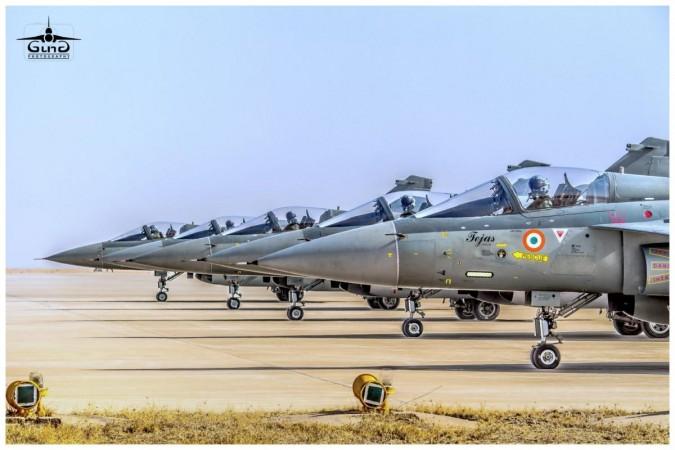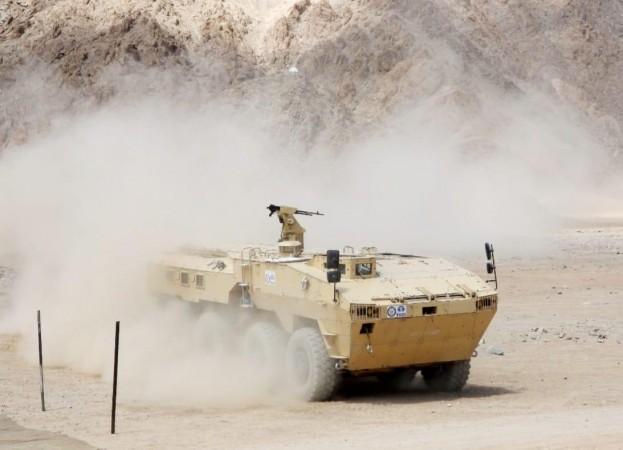The first of many steps that India needs to take before Prime Minister Narendra Modi's "Atamanirbhar Bharat" campaign becomes a serious catalyst for the military-industrialization of the nation is the Airbus-Tata joint venture to manufacture C-295 medium-lift transport aircraft in Vadodara, Gujarat, through the strategic partnership route.
The C-295 project is a departure from the 1990s when the defence PSU Hindustan Aeronautics Limited (HAL) decided to construct Su-30 MKI fighters after buying the initial lot from Russia following approval by the Cabinet Committee on Security (CCS) by the then United Front government.
The CCS of the NDA administration has also approved the C-295 project, but for the first time, a commercial partner rather than a defence PSU has been selected by the original equipment supplier to manufacture two-thirds of the negotiated order in India.

Of the entire order of 16 C-295 aircraft, 16 will be flown from Spain while the other 40 will be manufactured in India. Gujarat manufacturing will establish a domestic supply network of MSMEs to deliver essential components for the construction of the C-295 aircraft. However, this is just the initial crucial step toward a genuine "Atamanirbhar Bharat."
Incorporating the Private sector in Defence Manufacturing
If steps are taken to locally establish design, development, testing, and certification equipment for capital systems like military drones, fighters, tanks, and naval vessels by engaging the major stakeholders in the private defence sector, India will be able to develop a sizable military-industrial complex in the nation.
This will ensure that India does not have to rely on any third country for its military requirements, along with industrial facilities producing vital components like infrared seekers (needed for anti-tank missiles), inertial navigation systems (for missiles and fighters), and hot engine technologies. Additionally, India would be able to export goods without being constrained by any licencing requirements or prohibitions on technology transfer.

While India currently relies on the Defence Research and Development Organization (DRDO) to design, develop, test, and certify any hardware platform, it is time for independent facilities to be built where military products created and developed by the private sector can be tested and approved to meet international standards.
India needs a military-industrial complex to support its strategic autonomy because the Covid pandemic has still not allowed the world's supply chains to fully recover and because the Russian-Ukrainian war and Chinese aggression in the Indo-Pacific and East Ladakh have made matters even more uncertain. Despite the fact that both Russia and the US sell to Pakistan, India is forced to buy platforms from these two nations in order to compete with its enemy. The C-295 project is a good start.
















